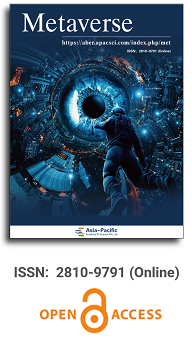
Asia Pacific Academy of Science Pte. Ltd. (APACSCI) specializes in international journal publishing. APACSCI adopts the open access publishing model and provides an important communication bridge for academic groups whose interest fields include engineering, technology, medicine, computer, mathematics, agriculture and forestry, and environment.
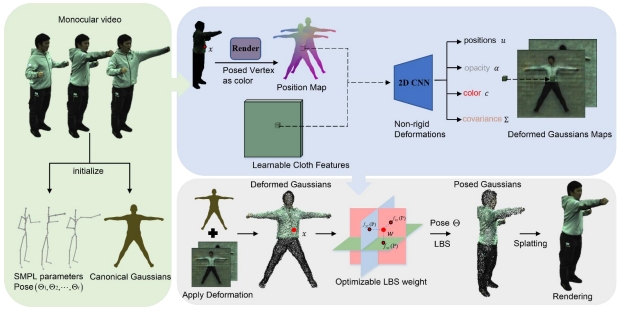
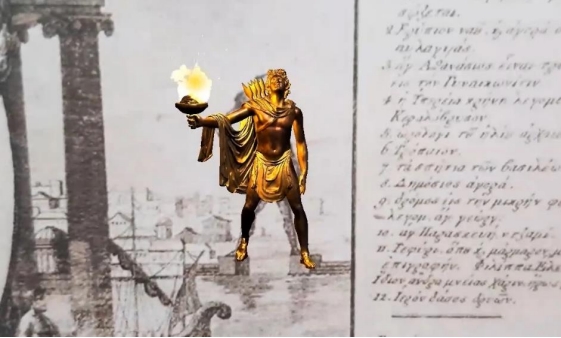
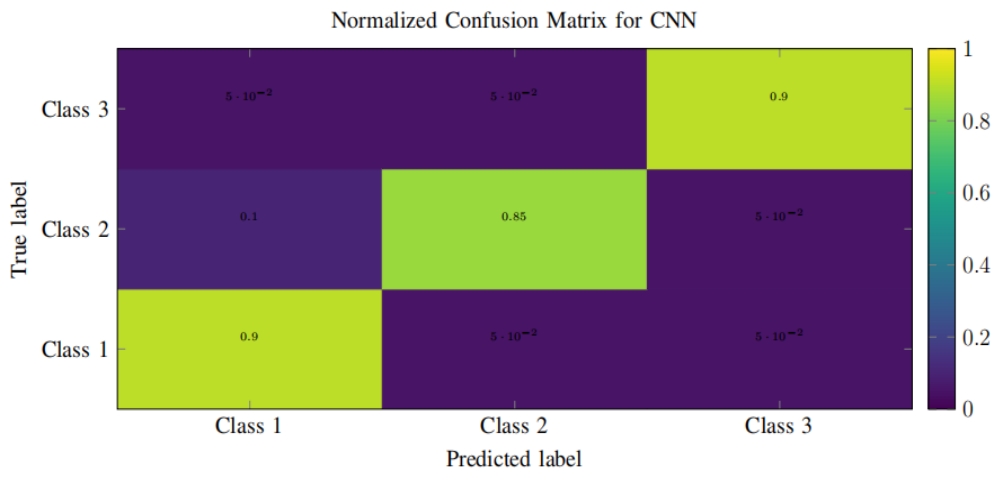
Has the Metaverse caused the rupture of humanity?
Vol 2, Issue 2, 2021
Download PDF
Abstract
In 2021, the rapid rise of the Metaverse caused a lot of cultural and humanistic concerns. Some people believe that the Metaverse challenged the humanistic connotation of existing culture and caused humanistic rupture. This concern is not unreasonable, but there are also misunderstandings. The connotation of humanity should be defined as various aspects of humanity, that is, humanity should not be regarded as a whole, but as various aspects with both fluidity and imbalance. From the existing technology-based culture to the meta cosmic culture, the humanities have changed successively, forming a form of topological change. All aspects of humanity always present themselves in challenges and changes, and there is no rigid solidification of the whole of humanity. The Metaverse will shape new humanistic values and connotations. It is not an involution of human self-consumption. Therefore, the “rupture” of the humanistic aspects of the Metaverse is not a fact, but an idea imagination. The “Reconstruction” of the humanistic aspects is a form of the combination of fact promotion and the elimination of misleading ideas, and its mechanism is a topological migration.
Keywords
References
- Cavell S. The world viewed. Qi Y, Li Y (translators). Beijing: China Film Press; 1990. p. 29, 82.
- Bullock A. The humanist tradition in the West. Dong L (translator). Beijing: SDX Joint Publishing Company; 1997. p. 12.
- Liu C. The Metaverse will be an involution of the entire human civilization. Digitaling; 2021. Available from: https://www.digitaling.com/article s/664159.html
- Hartmut R. Beschleunigung: Die Veranderung der Zeitstrukturen in der Moderne (German) [Acceleration: The changing structures of time in modernity]. Dong L (translator). Beijing: Peking University Press; 2015. p. 11, 53.
- Mark P. What’s the matter with the Internet. Yi R (translator). Kaifeng: Henan University Press; 2010. p. 14
- Stefan SW. (In)Visible: Learning to act in the Metaverse, Austria: Springer Verlag/Wien; 2008. p. 13.
- Ian J. Guide to Villero. Qing N (translator). Chongqing: Chongqing University Press; 2019. p. 39-40.
- Peter L, Mark W. The second life herald: The virtual tabloid that witnessed the dawn of the Metaverse. Cambridge & London: The MIT Press; 2007. p. 2.
Supporting Agencies
Copyright (c) 2021 Feng Wang

This work is licensed under a Creative Commons Attribution 4.0 International License.

This site is licensed under a Creative Commons Attribution 4.0 International License (CC BY 4.0).
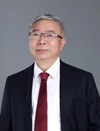
Prof. Zhigeng Pan
Professor, Hangzhou International Innovation Institute (H3I), Beihang University, China

Prof. Jianrong Tan
Academician, Chinese Academy of Engineering, China
Conference Time
December 15-18, 2025
Conference Venue
Hong Kong Convention and Exhibition Center (HKCEC)
...
Metaverse Scientist Forum No.3 was successfully held on April 22, 2025, from 19:00 to 20:30 (Beijing Time)...
We received the Scopus notification on April 19th, confirming that the journal has been successfully indexed by Scopus...
We are pleased to announce that we have updated the requirements for manuscript figures in the submission guidelines. Manuscripts submitted after April 15, 2025 are required to strictly adhere to the change. These updates are aimed at ensuring the highest quality of visual content in our publications and enhancing the overall readability and impact of your research. For more details, please find it in sumissions...






.jpg)
.jpg)

